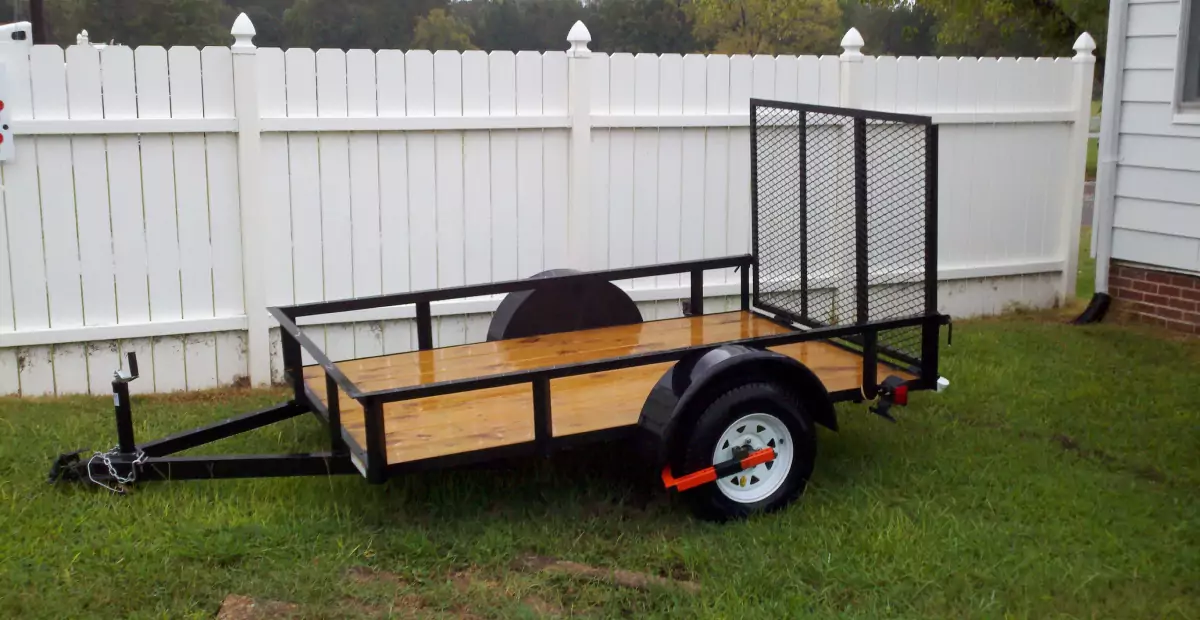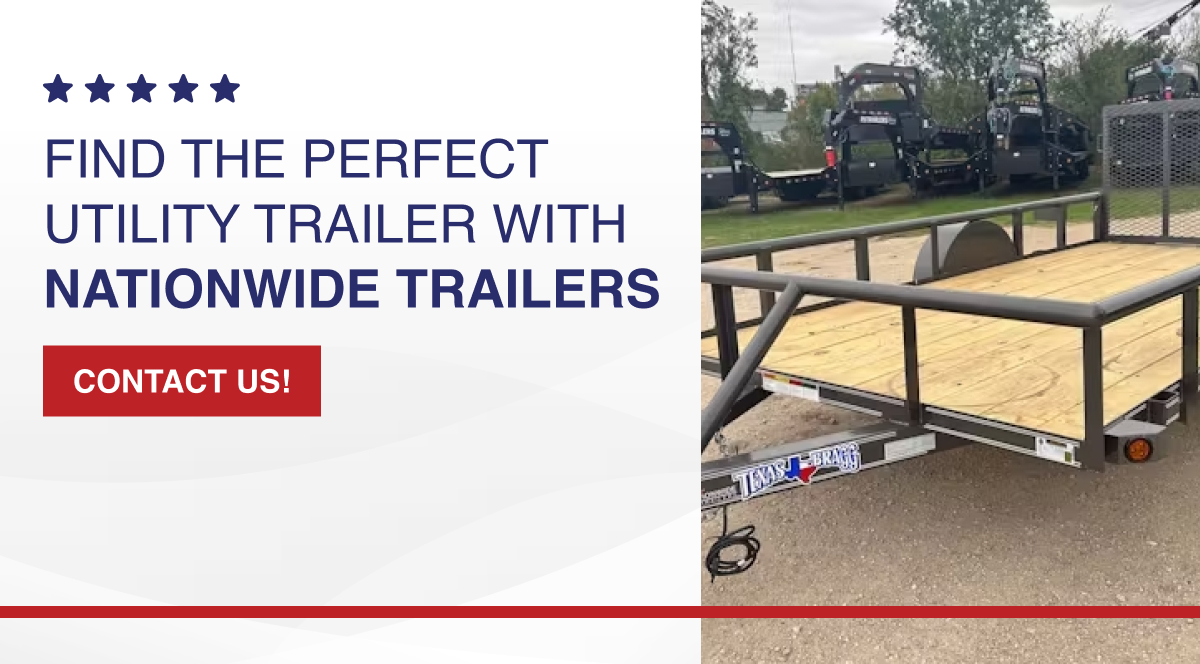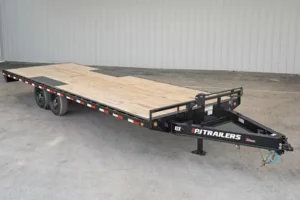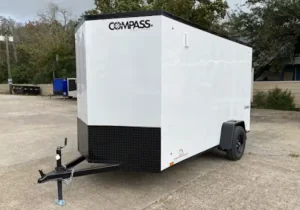
Utility trailers are the unsung heroes of the construction world. They transport heavy machinery, haul essential materials, and ensure that your team has the tools they need to get the job done efficiently. In this blog post, we’ll explore everything you need to know about selecting the best utility trailer for your construction projects, provide insights into different types of trailers, and offer practical tips on making the right purchase.
The Role of Utility Trailers in Construction
Utility trailers play a critical role in construction projects by offering a reliable means of transporting equipment and materials to and from job sites. Designed to handle the rugged demands of construction, these trailers increase efficiency by minimizing the number of trips needed to deliver supplies. They are versatile and come in various types to suit different needs, such as hauling tools, machinery, and even waste materials.
Construction professionals rely heavily on utility trailers because they provide a mobile base for operations. Whether it’s moving a backhoe or transporting lumber, trailers ensure that all necessary items reach the site safely and efficiently. Their importance cannot be overstated, as they help maintain project timelines and reduce costs associated with delays.
Understanding the different types of utility trailers available can be daunting, but this knowledge is crucial. Knowing which type of trailer suits your specific construction needs will save time and money. From flatbeds to enclosed trailers, each has unique features tailored to handle certain tasks with ease.
Key Features to Look For
When selecting a utility trailer, focus on three key features to ensure it meets your construction needs. First, consider the durability and materials used in its construction. Trailers made from high-quality steel or aluminum offer longevity and strength, essential for withstanding harsh job site conditions.
Next, evaluate the weight capacity and sizing of the trailer. It’s crucial to choose a trailer that can handle the weight of your equipment and materials without compromising safety. A trailer that’s too small or lacks sufficient weight capacity can lead to inefficiencies and potential hazards.
Finally, look for safety features and customization options. Safety is paramount in construction, so trailers equipped with features like anti-lock brakes, secure tie-down points, and LED lighting are advantageous. Customization options, such as additional shelving or tool racks, provide flexibility and enhance functionality.
Best Utility Trailers for Specific Construction Needs
Different construction projects require different types of utility trailers. Equipment trailers, for instance, are ideal for transporting heavy machinery and vehicles. These trailers are often equipped with ramps and tie-down systems to ensure safe loading and unloading of equipment.
Flatbed trailers are another excellent choice, especially when you need to transport bulky items that don’t require protection from the elements. They offer a large surface area and are easy to load and unload, making them perfect for carrying oversized materials and machinery.
Dump trailers, equipped with hydraulic systems, are indispensable for construction projects involving loose materials like sand, gravel, or demolition waste. They allow for easy unloading, reducing manual labor and speeding up the process of clearing debris from job sites.
Buying Guide
When purchasing a utility trailer, several factors need consideration to ensure you make the right choice. Start by assessing your specific needs and the types of projects you undertake most frequently. This will guide you in selecting the appropriate trailer type and features.
Budgeting is another critical aspect. While it’s tempting to go for the cheapest option, investing in a high-quality trailer can save money in the long run by reducing maintenance costs and downtime. Consider financing options if upfront costs are a concern.
Maintenance and Safety Tips
Maintaining utility trailers is essential for their longevity and performance. Regularly inspect the trailer for signs of wear and tear, paying close attention to the tires, brakes, and lights. Keeping the trailer clean and lubricating moving parts will prevent rust and ensure smooth operation. Consider scheduling professional maintenance to prioritize your trailer’s upkeep.
Safety guidelines are equally important. When loading your trailer, distribute the weight evenly to prevent tipping and excessive strain on the towing vehicle. Use appropriate tie-downs to secure loads and check that all safety features, such as lights and brakes, are functioning correctly before hitting the road.
Proper training for staff operating the trailers is crucial. Ensure that all employees understand how to use the trailer safely, including how to hitch and unhitch it from vehicles. Regular safety checks and adherence to operating guidelines will minimize the risk of accidents and prolong the life of your trailer.
Conclusion
Choosing the right utility trailer is crucial for the success of construction projects. By understanding the different types available and the key features to consider, you can make an informed decision that enhances efficiency and safety on your job sites. Whether you need an equipment trailer, flatbed, or dump trailer, aligning your choice with your specific needs will yield the best results.
For construction firms in Des Moines, IA looking to enhance their operations with reliable utility trailers, explore our selection today. Our expert team is ready to assist you in finding the perfect trailer to meet your project’s demands. View utility trailers and



